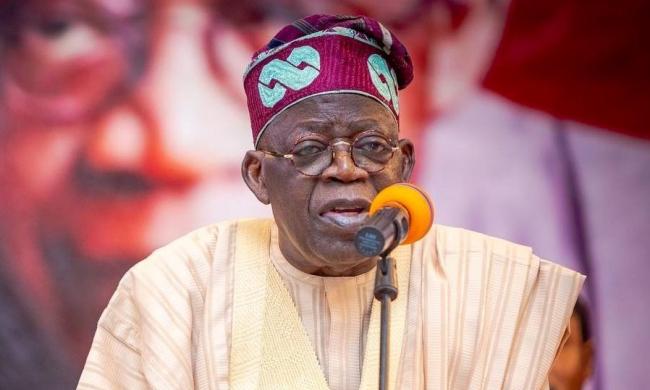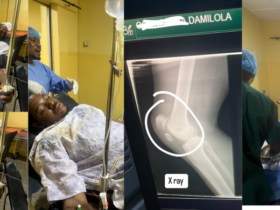
One year into Bola Tinubu’s tenure, the initial investor enthusiasm for his reforms has waned. Some are indicating they might reassess their positions if Nigeria can stabilize its currency and implement further changes.
Bloomberg reports that investors expressed great excitement and optimism about investing in the Nigerian market shortly after Tinubu assumed office last year. However, the present circumstances have shattered their hopes.
“We are likely to add to local currency bonds once FX volatility declines, but the timing of that remains up in the air,” Kevin Daly, a portfolio manager at London-based Abrdn Investments Ltd was quoted by Bloomberg.
“It will require a combination of factors such as further foreign portfolio flows, and more importantly some de-dollarisation as the Central Bank can’t be the sole provider of FX liquidity for the market,” he added.
Let’s remember that Tinubu has implemented several reforms to attract investors and enhance dollar liquidity in the country.
These reforms encompass the elimination of expensive fuel subsidies, the replacement of Central Bank Governor Godwin Emefiele with former Citibank executive Olayemi Cardoso, who has committed to restoring orthodox central banking practices, addressing a backlog in foreign exchange, and revamping the country’s exchange rate policies, effectively leading to a devaluation of the naira.
Although these initial actions captivated investors, stimulated dollar inflows, and led to a surge in the naira, those effects have since diminished.
Additionally, as per data from Tellimer Ltd., investor inflows into the foreign exchange market plummeted by more than a fifth in April, averaging $200 million daily compared to the previous month. In the first three weeks of May, this figure dropped further to $180 million.
Since June, the naira has depreciated by approximately 67% against the dollar, coinciding with the reinstatement of gasoline subsidies following public outcry over escalating food and fuel costs.
Investors are also looking for improved returns before increasing their investments.
“We have invested in Nigerian eurobonds, but not yet invested in the local currency bonds,” said Ayo Salami, chief investment officer at Emerging Markets Investment Management Ltd.
“The local currency bonds are not yet attractive given that inflation at about 33.7% is still above the policy rate at 26.25%,” Salami said.
Another issue Nigeria needs to address is the repatriation of funds.
“While Nigeria offers higher equity valuations and better yields, emerging and frontier market peers like South Africa, Egypt, Kenya, Turkey and Pakistan offer less repatriation risks and a more advanced policy course correction and higher credibility that policies will be sustained,” Tellimer said.
“I think as long as we can be consistent and clear about policy direction, when it comes to monetary policy and the like, then I think you will see confidence return, then you will see liquidity return,” said Ladi Balogun, chief executive officer of Lagos-based FCMB Group. “That is when you will see international investors come back.
Follow the Parallel Facts channel on WhatsApp: https://whatsapp.com/channel/0029VaCQSAoHgZWiDjR3Kn2E









Leave a Reply